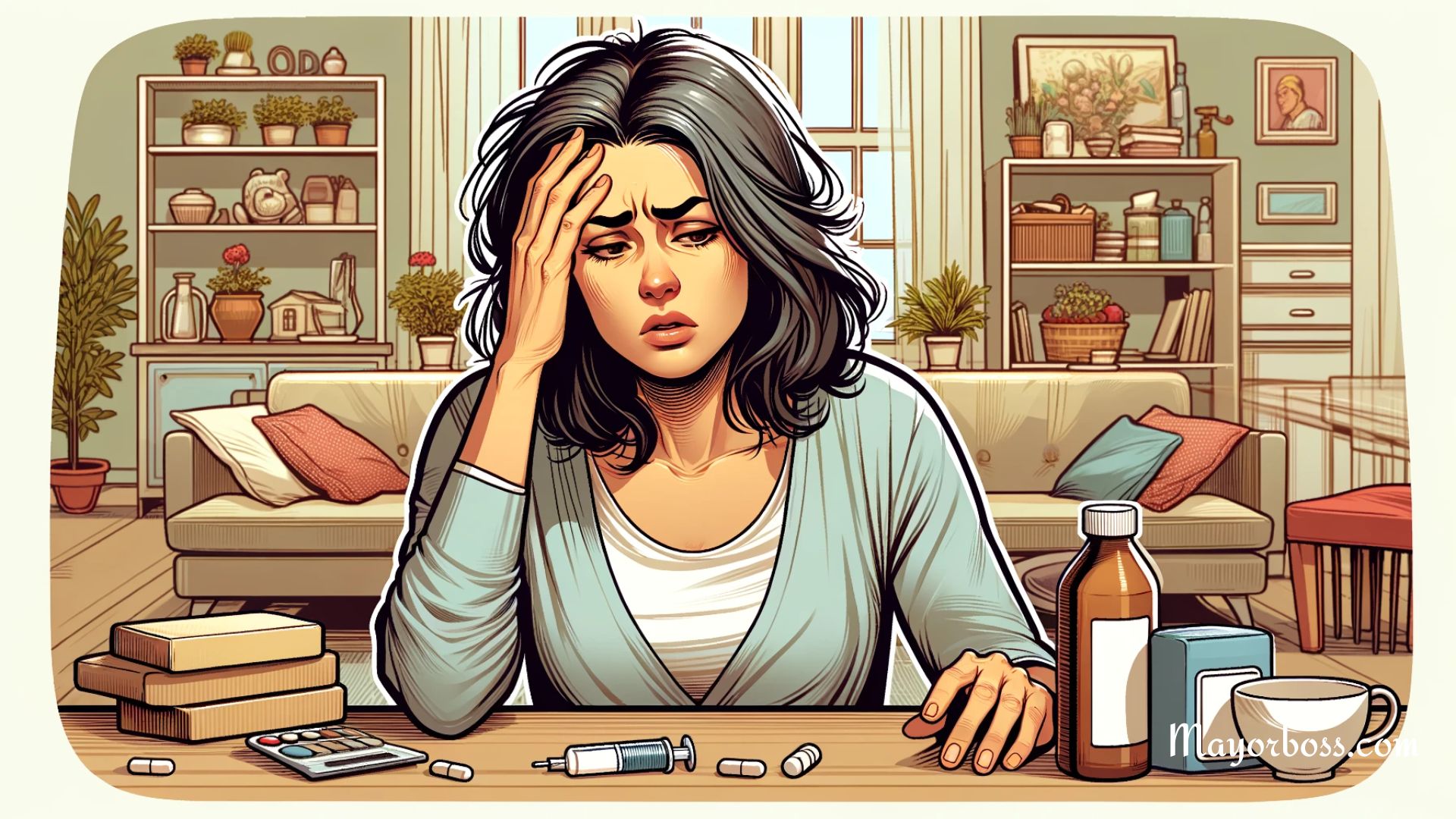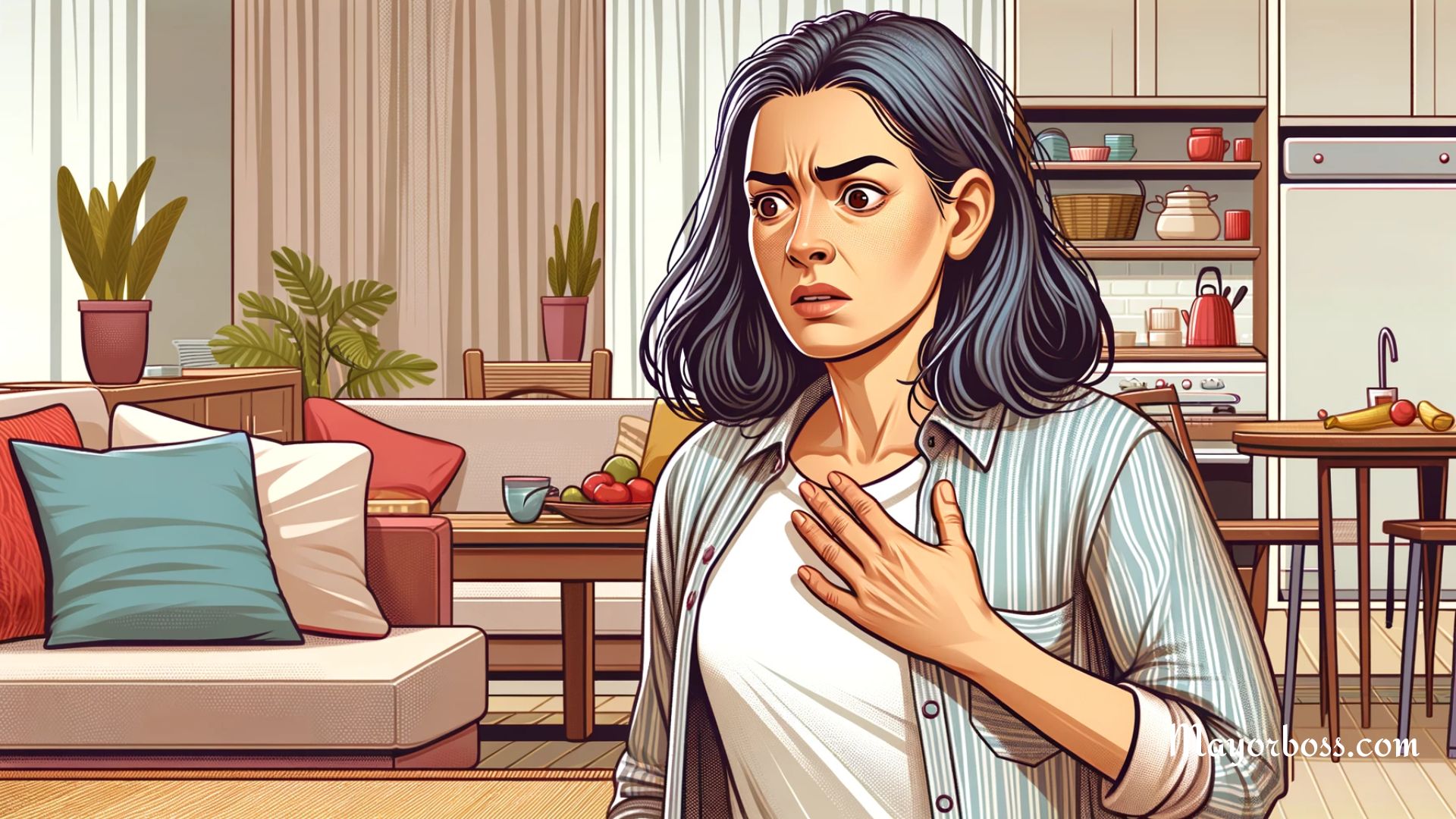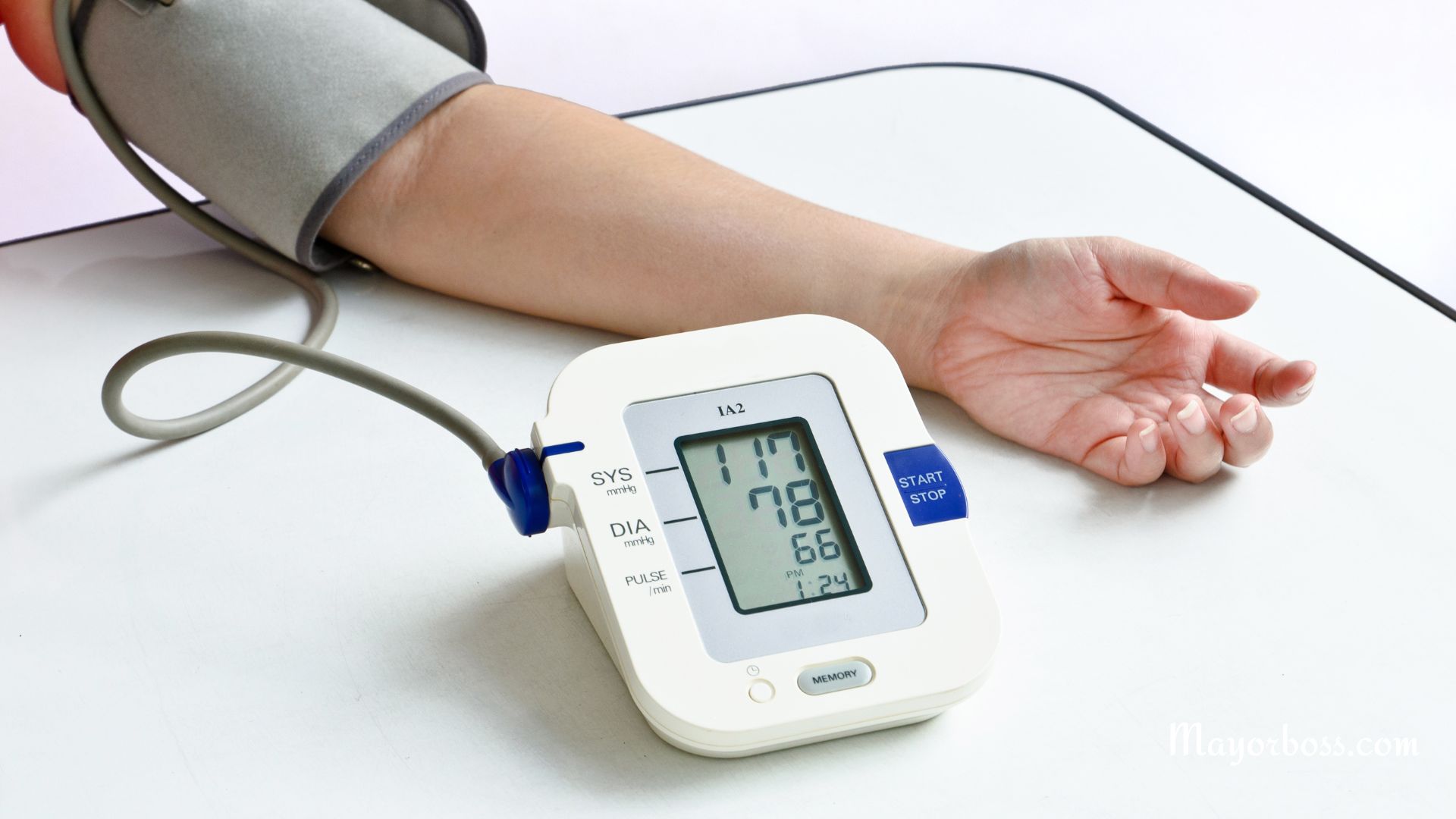What It Means When You’re Feeling Lightheaded
Have you ever felt suddenly lightheaded, as if the room is spinning or your head is floating? It’s a common experience and can be unsettling. Lightheadedness is a sensation that can be caused by many different factors, ranging from minor issues like dehydration to more serious medical conditions. Understanding the potential causes of this sensation can help you identify when it’s a mere nuisance or a sign of something more serious. Here’s a closer look at the various reasons why you might be feeling lightheaded and what they mean for your health.

Common Causes of Lightheadedness
Minor Conditions Often Responsible
- Dehydration: Not drinking enough fluids can lead to a drop in blood pressure and cause lightheadedness. Remember, dehydration isn’t just about water loss; it can also result from vomiting, diarrhea, fevers, and other illnesses.
- Positional Changes: Standing up too quickly can cause a sudden blood pressure drop, leading to a brief dizzy spell.
- Allergies: Seasonal or specific allergies can trigger responses in your body that lead to feeling lightheaded.
- Illnesses like Cold or Flu: Common viral infections can affect your equilibrium.
- Low Blood Sugar: Skipping meals or not eating enough can result in lightheadedness, especially for those managing diabetes.
- Substance Use: Tobacco, alcohol, and illegal drugs can all affect your blood pressure and balance, leading to feelings of lightheadedness.
- Hyperventilation: Breathing too deeply or too quickly can disrupt your carbon dioxide levels, causing lightheadedness.
- Anxiety and Stress: Emotional distress can have a physical impact, including causing dizzy spells.
- Medications: Certain prescription and over-the-counter drugs list lightheadedness as a side effect.
High Altitude Environments
Altitude sickness, often experienced during mountain climbing or visiting high-altitude locations, can also cause lightheadedness. This happens due to the lower oxygen levels at high altitudes.
Serious Conditions Linked to Lightheadedness
- Inner Ear Problems: Issues with the inner ear, such as benign paroxysmal positional vertigo (BPPV), can cause lightheadedness and vertigo.
- Heart Conditions: If lightheadedness is accompanied by chest pain, shortness of breath, or an irregular heartbeat, it could signal a heart attack or a heart rhythm problem.
- Internal Bleeding: This can be a result of trauma or a medical condition. Internal bleeding often leads to a significant drop in blood pressure, resulting in lightheadedness or fainting.
- Shock: Severe infections, allergic reactions, or major trauma can lead to shock, characterized by a drastic drop in blood pressure and lightheadedness.
- Stroke: A stroke can disrupt blood flow to the brain, causing various symptoms, including lightheadedness, especially if it’s accompanied by confusion, slurred speech, or weakness on one side of the body.
When to Consult a Doctor
It’s crucial to listen to your body. If you experience lightheadedness alongside other symptoms like chest pain, severe headache, fainting, shortness of breath, or an irregular heartbeat, seek medical attention immediately. These could be signs of a more serious underlying condition requiring prompt treatment.
Treatment for Lightheadedness
When it comes to treating lightheadedness, the approach largely depends on the underlying cause. For many, simple self-care measures can be quite effective. However, if lightheadedness is a symptom of a more serious condition, medical treatment might be necessary. Here’s a look at various strategies to address lightheadedness:
Self-Care Measures for Minor Causes
- Stay Hydrated: Drink plenty of fluids, especially water, to avoid dehydration, a common cause of lightheadedness.
- Eat Regularly: Maintaining a balanced diet and not skipping meals can prevent low blood sugar levels, which can lead to feeling lightheaded.
- Change Positions Slowly: If your lightheadedness is caused by sudden positional changes, move slowly when standing up from sitting or lying down.
- Rest and Relax: If you’re feeling lightheaded due to stress or anxiety, take a moment to sit or lie down in a comfortable position. Practice deep breathing or meditation to relax.
Medical Treatment for Serious Conditions
- Medication Adjustments: If a medication you’re taking is causing lightheadedness, your doctor may adjust the dosage or switch you to a different drug.
- Treating Underlying Conditions: For conditions like heart problems or internal bleeding, appropriate medical treatment is crucial. This might include medications, surgery, or other interventions.
- Therapy for Chronic Conditions: In cases of chronic illnesses such as diabetes, managing the condition effectively can help reduce episodes of lightheadedness.
Lifestyle Adjustments
- Regular Exercise: Healthcare professionals may recommend engaging in regular, moderate exercise, which can help improve overall circulation and reduce the incidence of lightheadedness.
- Limit Alcohol and Tobacco Use: Reducing or eliminating the use of substances like alcohol and tobacco can significantly decrease the frequency of lightheadedness episodes.
Conclusion
While lightheadedness is often not a cause for alarm and can result from minor issues like dehydration or a quick change in position, Regardless, schedule a consultation with your doctor to get a thorough understanding of why you might be feeling lightheaded.






